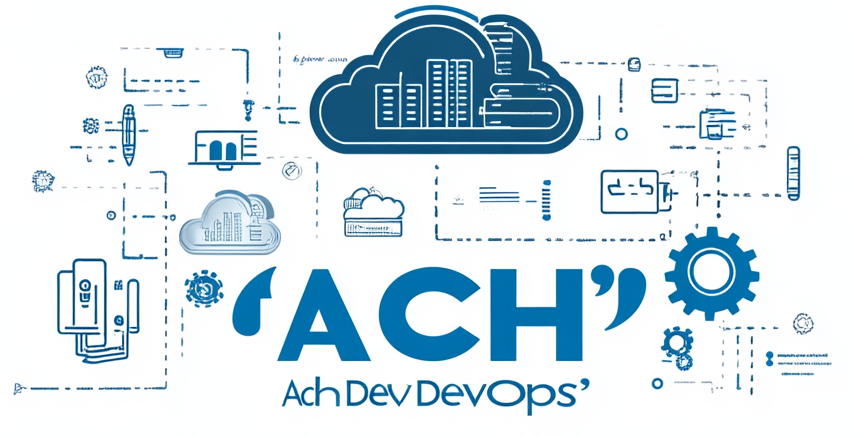Microservices Orchestration: Balancing Performance and Complexity
The adoption of microservices architecture has transformed how modern applications are developed and deployed. By breaking down applications into smaller, independent services, organizations can achieve greater agility, scalability, and resilience. However, managing these distributed services introduces new challenges, particularly in orchestration. This article explores the …
